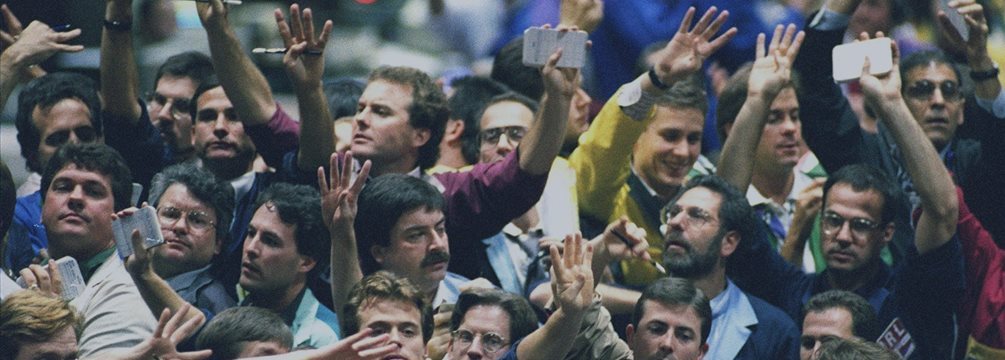The prospect is generating excitement among traders in their 30s who experienced markets pre-2008 when QE was still a theoretical construct. They should have an advantage over all the 20-something traders who’ve been hired since the financial crisis.
“A large percentage of Wall Street has never worked in finance without QE,” points out Financial Acrobat, the entrepreneur and trader behind the eponymous blog. “The biggest economic experiment in history is ending…In the past six years, the Federal Reserve has expanded its balance sheet from between $700 and $800bn before the crisis, to $4500bn – or $4.5 trillion. Now it ends.”
“What does this mean for all the traders who’ve been hired since the crisis? Traders who’ve “gone lazy” will need to get used to the new, harsher, reality, says Financial Acrobat. “Correlation will most likely change – but God knows to what. The biggest buyer in history is leaving the market. – It will get wacky in my opinion.”
“Pundits are plentiful on the likely impact of QE’s demise. After nearly tripling between 2009 and late 2014, the S&P 500 index may fall once QE ends and the policy stops encouraging investors to buy equities. Bonds may fall too, although this isn’t assured because U.S. Treasury bonds are seen as a safe option in uncertain times. There are other complications too – no one knows what the Fed will do with its swollen $4.5 trillion balance sheet. – Will it simply let the bonds it bought mature, or will it buy more? And while the U.S is winding down its programme of QE, the European Central Bank (ECB) is widely expected to launch its own QE programme next year.
This could come as a shock to young traders who’ve only known preternatural calm and an artificial bull market. Not everyone expects they’ll suffer, however. “These days junior traders in banks don’t have much of a job when it comes to taking risk – they’re just taking orders, so it doesn’t really matter,” says Lex Van Dam, Financial Education professional, hedge fund trader and ex-trader at Goldman Sachs. “It’s much harder to trade a bear than a bull market,” he adds. ” – But the end of QE doesn’t necessarily mean that a bear market is coming.”



